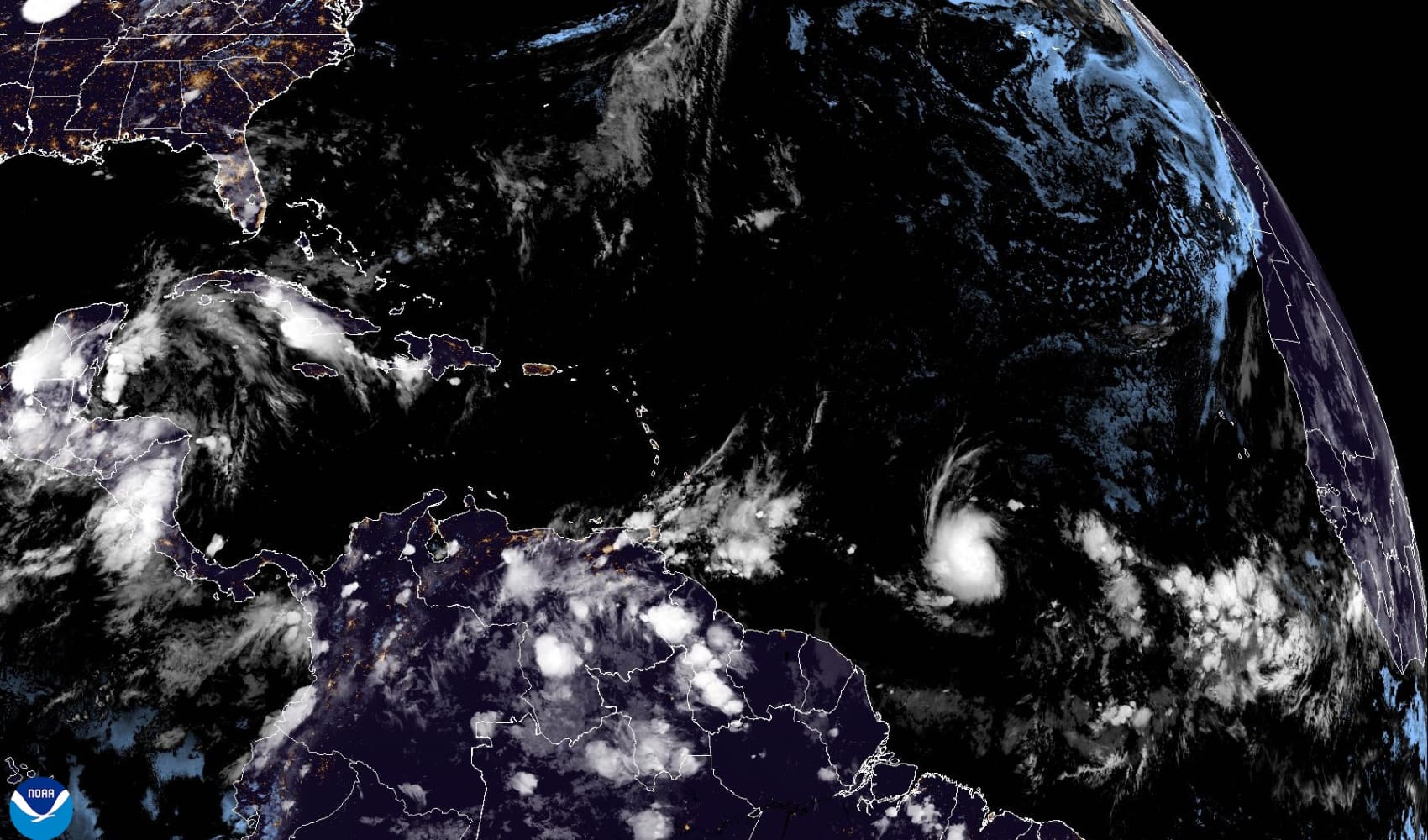
- Severe water shortages in India could hurt the country's sovereign credit strength, according to Moody's Ratings, warning that the water crisis could lead to social unrest if the agriculture and industrial sectors are disrupted.
- India relies substantially on monsoon rain for its water supply, but is also prone to severe and extreme weather conditions
- Water-dependent sectors like coal power generators and steel-makers would be worst hit, Moody's highlighted, explaining operational disruptions will hinder revenue growth and curtail credit strength.
Severe water shortages in India could hurt its sovereign credit strength, according to Moody's Ratings, warning that the water crisis could lead to social unrest if the agriculture and industrial sectors are disrupted.
Rapid industrialization and urbanization, coupled with a meteoric economic expansion, has led to severe water shortage.
Extreme weather conditions including heatwaves and drought have exacerbated the situation, placing the world's most populous country in a dangerous spot, Moody's said in a report on Tuesday, warning that water scarcity might impede the country's sovereign credit health.
Get Philly local news, weather forecasts, sports and entertainment stories to your inbox. Sign up for NBC Philadelphia newsletters.
The credit rating agency has a stable outlook on India's Baa3 rating.
India relies substantially on monsoon rain for its water supply, but is also prone to severe and extreme weather conditions
Delhi, one of the world's most densely populated cities with over 200 million people, is knee-deep in a water crisis.
Money Report
"There are 2.8 million people in the city who are aching for just a drop of water," Delhi Water Minister Atishi was quoted as saying on Monday, a day before she ended her hunger strike over the water crisis, as her health deteriorated.
Last week, the minister proclaimed that she would partake in a hunger strike until North Indian state Haryana released more water to Delhi from the Yamuna river, elaborating that it had released 110 million gallons per day less water.
In early June, the minister said the city was facing a water shortage of 50 million gallons daily due to a lack of raw water supply from the Yamuna river and other sources, the Economic Times reported.
The water shortage could interrupt agricultural production and industrial operations, "resulting in inflation in food prices and declines in income for affected businesses and workers, especially farmers, while sparking social unrest," Moody's warned.
"This in turn can exacerbate volatility in India's growth and undermine the economy's ability to withstand shocks, given that more than 40% of the country's workforce is employed in agriculture."
Agriculture at stake
An agricultural powerhouse, India is the largest producer of milk and spices in the world. It is also the second largest producer of rice, wheat, vegetables, fruit and cotton.
Agriculture accounts for 90% of water usage in India.
Droughts in August tightened sugar supply, pushing prices in Maharashtra and Karnataka up to six-year highs, Moody's said.
"Decreases in water supply can disrupt agricultural production and industrial operations, resulting in inflation in food prices and declines in income for affected businesses and communities, while sparking social unrest," the Moody's report, led by John Wang, vice president and senior analyst at the financial services firm said.
"This in turn can exacerbate volatility in India's growth and undermine the economy's ability to withstand shocks," the report said.
Water supply is expected to fall 1,367 cubic meters by 2031, the firm said.
According to India's Ministry of Water Resources, water levels below 1,700 cubic meters indicate water stress, while supply below 1,000 cubic meters is defined as water scarcity.
Most at-risk sectors
Water-dependent sectors like coal power generators and steel-makers would be worst hit, Moody's highlighted, explaining operational disruptions will hinder revenue growth and curtail credit strength.
"In India, thermal coal power plants are by far the largest consumers of water as the country heavily relies on coal-based power generation," the report pointed out.
"As water shortages worsen, coal power plants in water-stressed areas can face operational disruptions during droughts when securing water for drinking becomes a higher priority than supplying water for businesses."
Moody's said more investments in water infrastructure and renewable energy can mitigate these risks and improve water efficiency usage.






